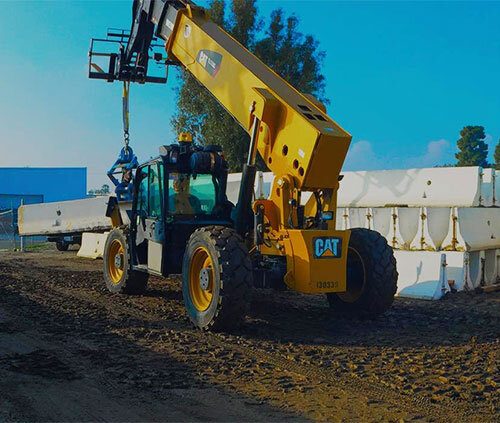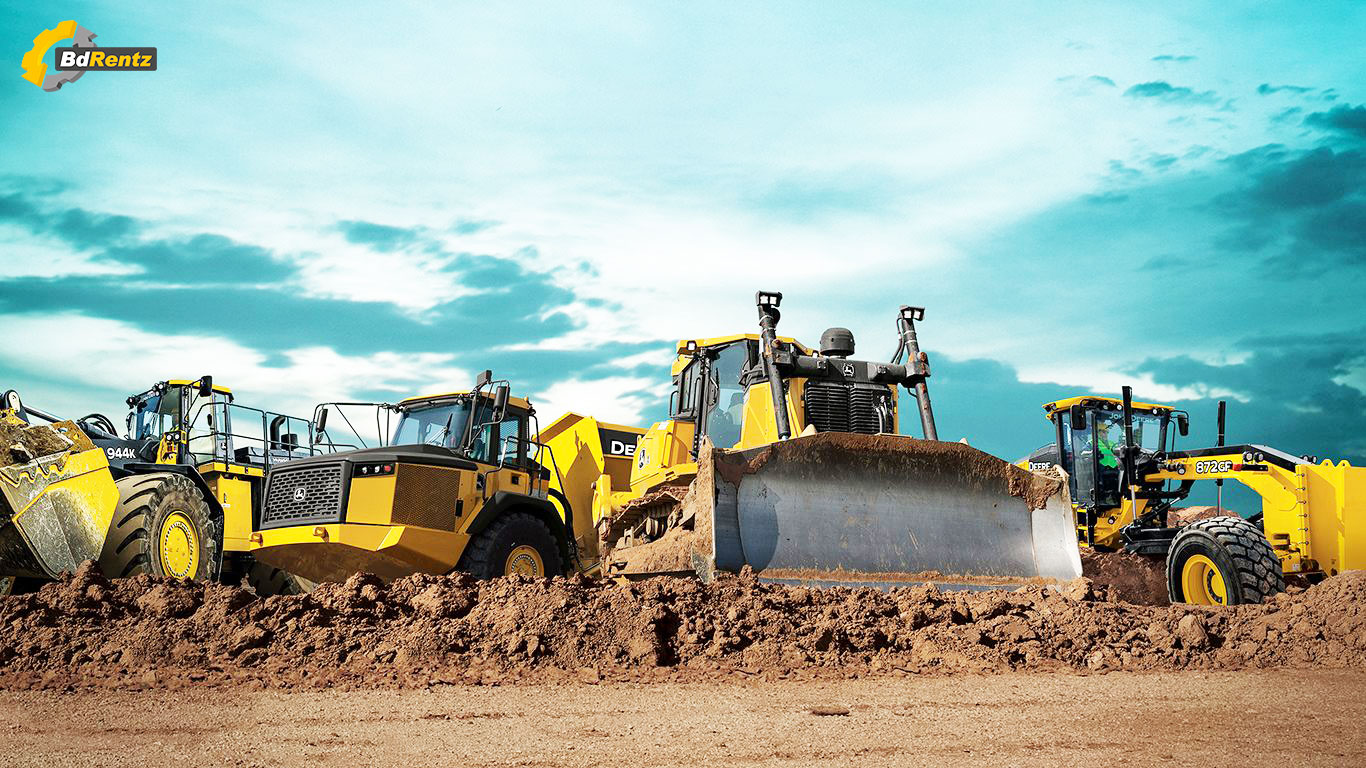Scissor Lift Rental: Safe and Efficient Lifting Solutions
Scissor Lift Rental: Safe and Efficient Lifting Solutions
Blog Article
Optimize Your Budget by Comprehending the Costs Associated With Building And Construction Equipment Rentals
Comprehending the full scope of prices connected with construction equipment leasings is essential for optimizing your spending plan. What techniques can be used to properly manage these expenses and make certain a more effective rental experience?
Summary of Rental Costs
When taking into consideration building tools rentals, recognizing the connected prices is vital for effective budgeting and project preparation. Rental costs can vary dramatically based on a number of factors, consisting of equipment kind, period of service, and place. The first rental fee usually shows the tools's market need and its connected functional abilities, affecting the overall cost.
Along with the base rental rate, supplementary costs may arise, such as transport charges, fuel additional charges, and maintenance costs. It is necessary to make up these added expenditures to accurately evaluate the overall expense of renting tools. Additionally, the rental period can impact rates; longer leasings may receive affordable rates, while short-term leasings may incur greater day-to-day charges.

Failure of Rental Prices
A comprehensive understanding of rental rates is crucial for contractors and project supervisors aiming to optimize their spending plans. Rental rates for building and construction tools commonly contain several parts, consisting of base rates, time-based fees, and use costs.
Base prices are the core charges connected with the service of the devices, often established by the kind and dimension of the equipment. These prices can vary significantly, influenced by variables such as equipment need, accessibility, and regional market trends. Time-based charges, which may be daily, weekly, or monthly, serve to accommodate different task timelines and rental periods.
Furthermore, rental rates might include use costs, which apply when equipment is used past a specified limit, ensuring that the rental firm can account for damage. Seasonal need variations can also impact rental prices, with peak construction seasons usually regulating greater costs.
In addition, recognizing the rental firm's policies concerning maintenance and insurance coverage can provide additional understanding into the total cost framework. By analyzing these components, professionals can make enlightened decisions, making sure the option of rental devices straightens with both task needs and budget plan restraints.
Added Charges to Consider
Understanding the complexities of additional charges is essential for service providers to handle their total rental costs effectively. Beyond the common rental rates, various supplemental costs can substantially affect the overall expense of devices leasing. These fees frequently consist of delivery and pickup fees, which can differ based on range and logistics entailed in moving the equipment to and from the work site.
Moreover, some rental business might enforce fuel surcharges if the equipment is returned with much less gas than when leased. It is also necessary to know potential cleaning charges, specifically for specialized tools that calls for thorough upkeep after usage.

Extensively evaluating the rental contract and making clear these added charges ahead of time can help contractors avoid unanticipated costs and ensure that spending plans remain undamaged throughout the job lifecycle.
Maintenance and Repair Expenditures
Normal repair and maintenance expenses are usually overlooked variables that can considerably affect the overall expense of building devices rentals. When renting devices, it is essential to think about not just the rental fees however also the possible prices connected with keeping the machinery in optimal operating condition.
Many rental business consist of basic maintenance as component of the rental contract; nevertheless, a lot these details more substantial fixings or unexpected breakdowns can result in added expenditures. It's necessary to examine the rental agreement meticulously to understand what upkeep solutions are covered and what responsibilities fall on the renter.
In addition, devices that is not properly maintained can lead to inefficiencies on duty site, possibly raising and triggering delays project expenses. To minimize these dangers, it is a good idea to conduct routine examinations and preserve open interaction with the rental provider concerning any type of concerns that occur throughout use.
Insurance Policy and Obligation Expenses
Insurance policy and obligation costs are critical elements that can substantially impact the total expense of construction equipment services (scissor lift rental). These costs ensure that both the rental company and the customer are shielded from prospective economic losses occurring from accidents, damages, or burglary throughout the rental period

Furthermore, clients should recognize any kind of deductibles or exemptions in the insurance coverage, as these can impact prospective out-of-pocket expenses. Recognizing the terms of any kind of insurance policy protection is used backhoe for sale near me important to avoid unforeseen expenses. Inevitably, budgeting for insurance and responsibility costs can assist ensure a smoother rental experience and secure versus economic threats related to building and construction jobs.
Conclusion
In verdict, a thorough understanding of the prices related to construction tools leasings is necessary for reliable spending plan administration. By analyzing rental rates, added charges, upkeep costs, and insurance policy demands, organizations and people can lessen unexpected expenses. This tactical strategy not just enhances cost-effectiveness but additionally makes certain that projects progress efficiently and effectively. Eventually, informed decision-making concerning tools rentals adds to the overall success of building and construction endeavors.
Rental expenses can vary considerably based on numerous aspects, consisting of equipment type, duration of service, and place (scissor lift rental). The rental duration can impact prices; longer rentals may certify for affordable rates, while short-term services might incur higher everyday costs
By conducting extensive research and involving with have a peek at this site trusted rental firms, professionals can efficiently navigate the complexities of rental prices, ultimately maximizing their economic resources.
Beyond the common rental prices, various supplemental fees can dramatically affect the overall cost of equipment leasing. Rental business frequently supply responsibility insurance coverage that covers injuries to 3rd events or damage to residential or commercial property, while tools damage insurance policy can cover the price of repair services or substitute if the leased tools is damaged.
Report this page